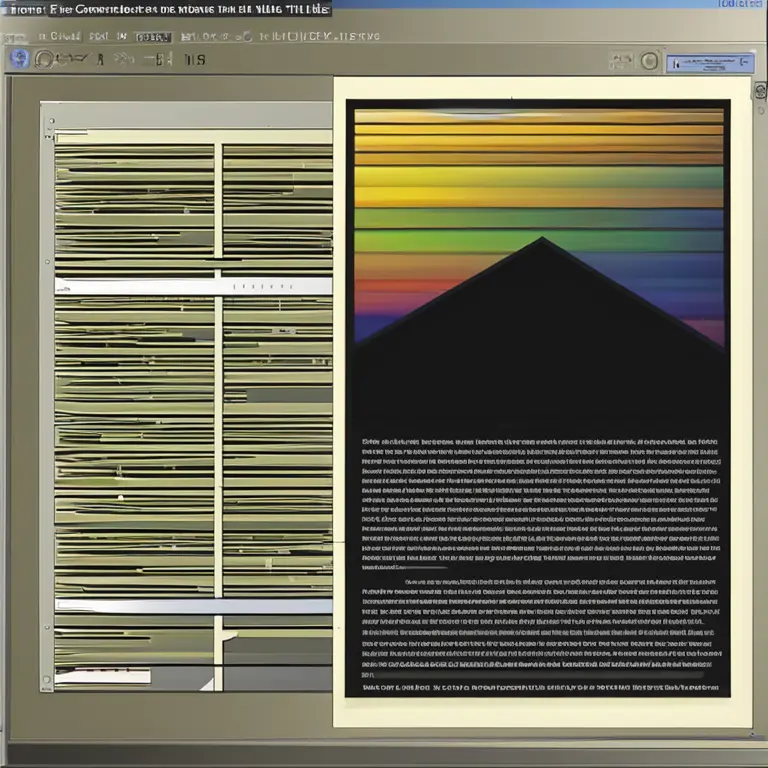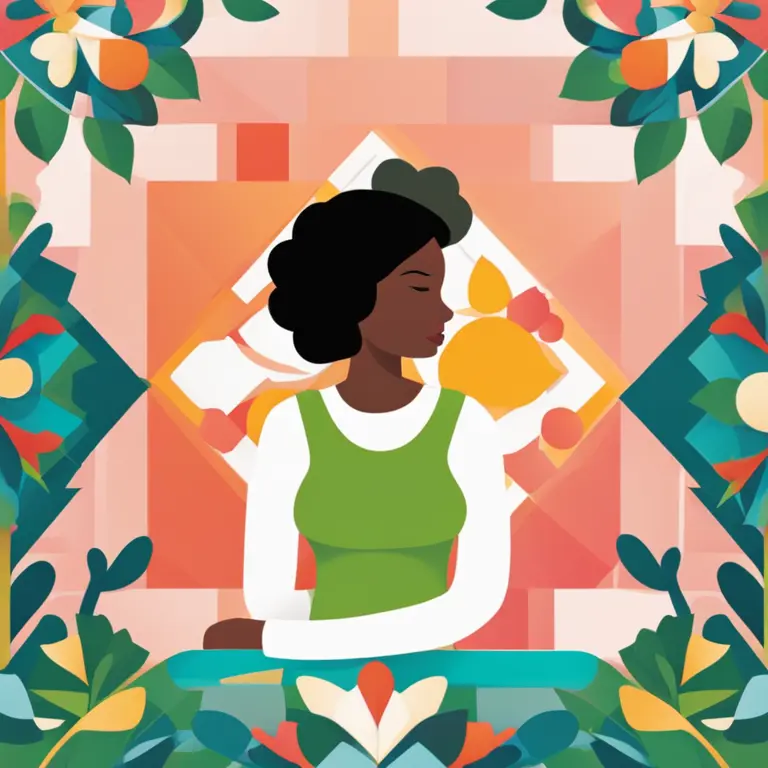
Beginner's Guide Journey to Mindful Meditation
Embark on a journey of self-discovery and inner peace through this beginner-friendly guide to mindful meditation practices.
article by Hina Kurosawa
Introducing Mindful Meditation
Meditation has been a cornerstone practice in various cultures for centuries, and has gained significant popularity worldwide for its mental, emotional, and physical health benefits. Mindful meditation, specifically, is a practice that encourages present-moment awareness without judgment. It involves noticing thoughts, feelings, and sensations as they occur and learning to observe them without attaching meaning or emotional responses to them. For beginners, it might seem daunting at first, but with patience and consistent practice, mindfulness can become a transformative tool for well-being.

Setting the Stage for Your Practice
Before diving into mindful meditation, it's important to create a conducive environment. Find a quiet, comfortable place where you won't be disturbed. You can sit on a cushion, chair, or even lie down, as long as you maintain a posture that is both relaxed and alert. Dim lighting or candles may also help to create a calming atmosphere. Ensure that your smartphone or other potentially disruptive devices are switched off or set to "Do Not Disturb” mode. This will help maintain focus during your practice.

Understanding the Meditation Process
Meditation is not about becoming a different person or even a better person. It is about training in awareness and learning how to be fully present in each moment of life. Begin by focusing on your breath, observing the natural inhalation and exhalation without trying to alter it. Notice where you feel your breath most prominently—in your nostrils, chest, or abdomen. Whenever your mind wanders—and it will—gently guide your attention back to your breath, without criticism or frustration.

Integrating Mindfulness into Daily Life
Mindfulness doesn't end with your meditation session; it's a practice that can be infused into every aspect of your day. Start by bringing awareness to routine activities such as brushing your teeth, eating, or walking. Notice the sensations, textures, tastes, and sounds. When you find your mind wandering to the past or future, acknowledge these thoughts, and return your focus to the present task. Over time, you may notice an increased sense of calm and presence in your daily life.

Embracing Challenges as Part of the Journey
As you embark on this path, understand that challenges are a natural part of the meditation journey. You might experience restlessness, impatience, or even uncover difficult emotions that have been long suppressed. This is normal. The practice of mindfulness is not to escape these feelings but to face them with openness and compassion. Acknowledge the discomfort and use it as an opportunity to grow and deepen your practice.
Consistency Is Key
Like any new skill, meditation requires regular practice to reap the benefits. Aim to meditate daily, starting with just a few minutes and gradually increasing the duration as you become more comfortable with the practice. Consistency matters more than the length of each session. By cultivating a regular meditation routine, you open the door to greater self-awareness, emotional balance, and a deeper sense of peace in your life.
Nurturing Patience and Self-Compassion
Lastly, approach your meditation practice with patience and self-compassion. Be gentle with yourself during this learning process. If your mind races or you struggle to maintain focus, it's not a sign of failure but rather an integral part of the meditation experience. Celebrate each small victory, such as noticing when your mind has wandered, as that awareness is a clear indication of your growing mindfulness.
Published: 1/18/2024
Modified: 1/18/2024
More predictions
Come back here soon to learn more about yourself and your future


Can Meditation Manage Depression?
Discover how meditation can contribute to managing depression, its potential benefits, and the connection between mindfulness and mental health.


Best Meditation Techniques for Brain Health
Discover effective meditation practices to enhance cognitive functions and maintain a healthy brain.


The Significance of Modern Meditation
Discover the crucial role meditation plays in fostering well-being, focus, and balance in today's fast-paced world.